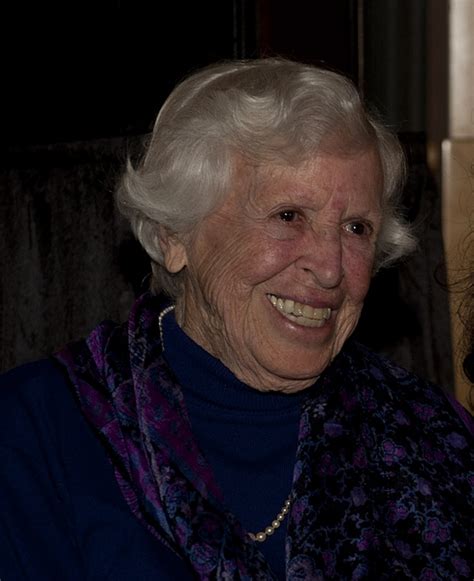A Quote by Murray Leinster
It isn't illegal to buy an artist's work for peanuts and sell it again at any price one can get. But it is an outrage!
Related Quotes
Investing is the intersection of economics and psychology. The analysis is actually the easy part. The economics, the valuation of the business isn't that hard. The psychology - how much do you buy, do you buy it at this price, do you wait for a lower price, what do you do when it looks like the world might end - those things are harder. Knowing whether you stand there, buy more, or whether something has legitimately gone wrong and you need to sell, those are harder things. That you learn with experience, by having the right psychological makeup.
Don't try to buy art as an investment. Buy something you really love because you're going to have to look at it again tomorrow. And an investment can go up or down. Buy something you really adore, you really like, and you want to live with. And if you decide some years later you don't want to live with it anymore, sell it. Get out.
When you buy a meal and you pay a fair price for it, are you doing this to ensure that the employees get health care? When you walk into Mickey D's and you buy a Big Mac, do you ask them, "By the way, is this thing costing enough so that you get health care here? By the way, is this Big Mac costing enough so that you get a pension here?" Do you think any of that when you go buy a Big Mac? No. You want it to be as cheap as it can be. That's why you're there.



































